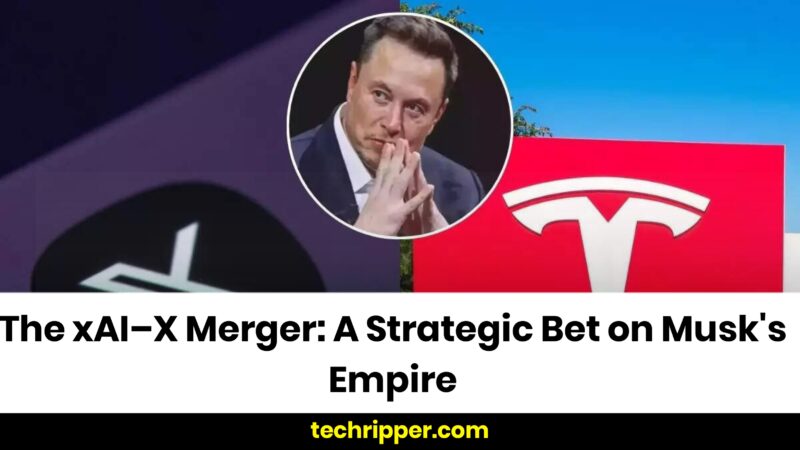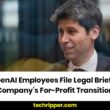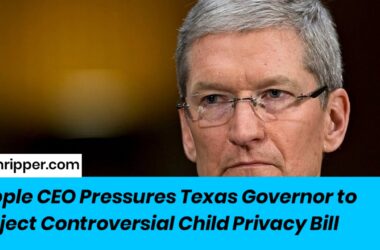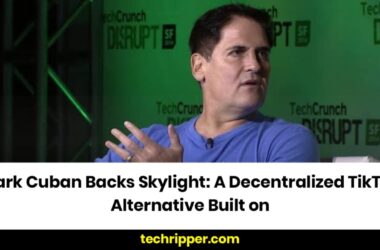When Elon Musk announced that his AI startup, xAI, had acquired his social media platform, X (formerly Twitter), in an all-stock deal, it certainly raised some eyebrows. However, the merger makes a lot of sense in several ways. xAI’s chatbot, Grok, was already deeply integrated into X, and the platform was struggling financially. Musk also needed a way to make his $44 billion acquisition of Twitter appear more like a strategic move for dominance in the pursuit of Artificial General Intelligence (AGI), rather than an impulsive purchase.
But beyond the merger itself, this deal highlights a deeper characteristic of Musk’s business empire: investing in his ventures isn’t about getting a quick return. It’s about buying into the mystique surrounding Musk and embracing a narrative of success that outpaces actual numbers. Some critics may call it a grift, pointing to Musk’s history of over-promising and under-delivering, but increasingly, the market seems to be more forgiving—particularly when the narrative is driven by the right kind of leadership.
Musk’s ecosystem operates as one interconnected entity. As Yoni Rechtman, a principal at Slow Ventures, told TechCrunch, “All of Elon’s companies today are basically one company. There are people who work across multiple companies simultaneously. They share a web of capital connections. They do business with one another, and he treats them all effectively as one company.” This interconnection is part of what makes the xAI-X merger so compelling.
Musk’s Vision: Connecting the Dots Between His Businesses
Musk’s other companies—Tesla, SpaceX, The Boring Company, and Neuralink—reportedly share resources and cross-business synergies. Ron Baron, founder of Baron Capital, explained, “Every single thing [Musk] does is helping everything else he does.” He elaborated that Musk’s ventures often seem to align, even when they don’t initially appear connected. For example, SpaceX’s Mars mission could also provide the foundation for global internet service, creating new revenue streams for X. Similarly, Tesla’s autonomous vehicles could work with Grok to deliver more innovative AI solutions.

Companies such as Andreessen Horowitz, Sequoia Capital, and Fidelity Investments have invested across Musk’s enterprises, reflecting the increasingly blurred lines between his various ventures. This kind of ecosystem creates a unique business environment, but it also comes with some risks.
Valuation: Betting on the Future
Despite the hype, some questioned the valuation of X at $33 billion—more than three times its value just months earlier—and the $80 billion valuation of xAI, especially since the AI startup reportedly lacks significant revenue. But as Gene Munster from Deepwater Asset Management explained, investors are betting on the long-term prospects of Musk’s ventures, not the immediate numbers. The belief is that once Tesla cracks autonomous driving and Grok becomes a powerful AI tool, it will have a transformative impact on the industry.
Tesla’s stock, which trades at 80 times earnings compared to the industry average of 25, is a prime example of this speculative optimism. Munster believes that people are investing in the idea that AI, in particular, will be far more transformative than many realize.
The Risks of Musk’s Empire
Despite the upside, there are risks, particularly regarding the ongoing lawsuit X is facing from the Securities and Exchange Commission (SEC). The SEC claims Musk misled investors by delaying disclosures about his Twitter investments, allowing him to buy shares at artificially low prices. Other concerns include antitrust issues and user privacy violations, especially since X has quietly opted all users into data collection for AI model training. The Irish Data Protection Commission is already investigating this as a potential violation of European GDPR law.
Dan Wang, a professor at Columbia Business School, pointed out the uncertainty surrounding AI regulation. As governments begin to craft AI frameworks, X and xAI could face challenges regarding how AI models are used to distribute information.
Another risk is Musk’s unpredictability. As Rechtman noted, Musk’s focus sometimes shifts away from one venture, as seen with his attention to the Trump campaign, leading some to believe that projects like Tesla might suffer from Musk’s divided focus.
The Long-Term Bet: Musk’s Superpower
Despite these concerns, many investors remain bullish on Musk’s ability to bend capital markets to his will. For them, buying into Musk’s speculative bets, like X, could unlock opportunities elsewhere in the Muskverse. For instance, SpaceX will never go public, so investing in Musk’s ventures like xAI is one way to get access to the tender opportunities that come with SpaceX’s success.
“SpaceX is a real thing, and it will never go public,” Rechtman said. “So the only way to invest in SpaceX is to get access to the tenders. And the only way to get access to the tenders is to be in Elon’s good graces.”
In the end, the xAI-X merger is another chapter in Musk’s ongoing saga—a strategic move to consolidate his empire, attract long-term investors, and, perhaps most importantly, keep pushing the boundaries of what’s possible in AI and beyond.
Also Read : Former OpenAI Employees File Legal Brief Opposing Company’s For-Profit Transition








